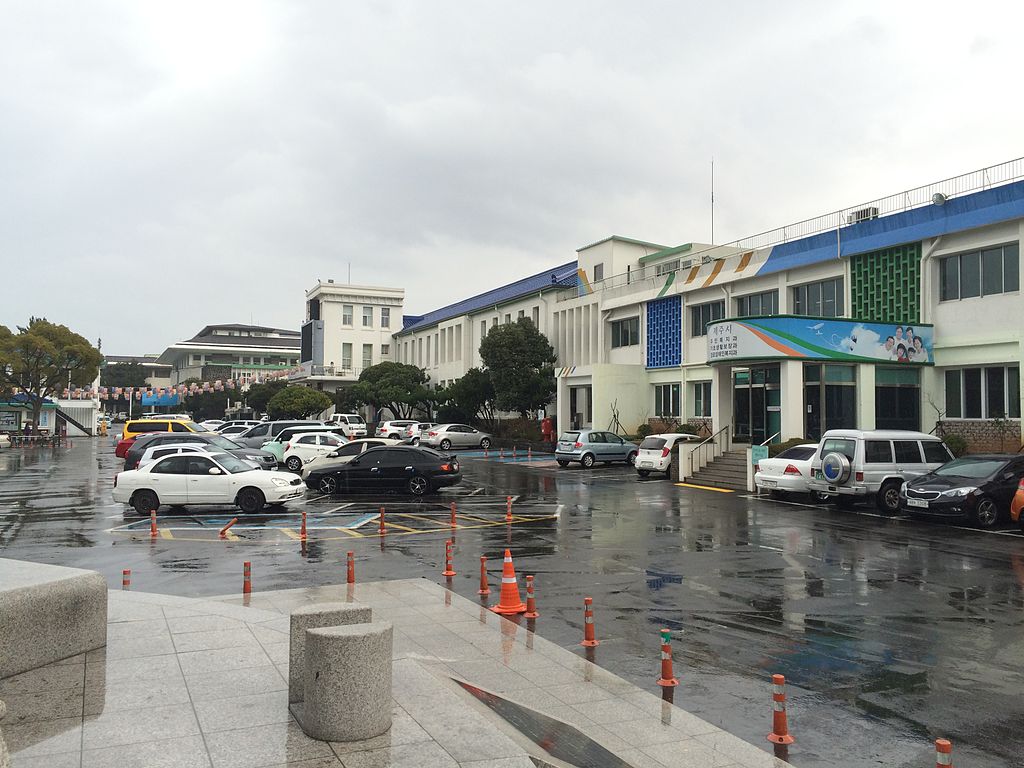Jeju Island Cracks Down: South Korea Seizes Crypto from 3,000 Tax Dodgers in Landmark Probe
South Korea’s holiday hotspot just turned into a crypto battleground. Jeju Island authorities wrapped up a sweeping investigation—nabbing nearly 3,000 tax evaders and confiscating their digital loot.
No paradise for crypto cheats
The probe—one of the region’s largest—targeted traders hiding assets offshore or underreporting gains. Officials stayed tight-lipped on the exact haul but confirmed seized coins are headed straight to state coffers.
Regulators sharpen their claws
This isn’t just about Jeju. The move signals Korea’s broader crackdown as crypto goes mainstream. Next stop? Probably your portfolio—unless you’ve been *meticulously* honest with the taxman.
One treasury agent joked, *‘We’ll take your Bitcoin and your beach villa.’* Guess they’re not all about kimchi and K-pop anymore.
Jeju Crypto Crackdown on Tax Evaders
Jeju City authorities announced on August 16 that tax officials have completed a “comprehensive investigation.” Tax officials wanted to determine if 2,962 individuals in the city had crypto holdings.
South Korean law allows national and local tax bodies to require domestic crypto exchanges to hand over data on customers they suspect of tax evasion.
The individuals in question all owed the city more than 1 million won (over $719) in unpaid tax levies and fines.

In total, the individuals’ outstanding tax bills amounted to 19.7 billion won ($14,171,845) in arrears.
The investigation saw tax officials comb through data handed over by the country’s four biggest crypto exchanges: Bithumb, Dunamu’s Upbit, Coinone, and Korbit.
The number of households in Korea living in rented homes is nearing 10 million, with more than half concentrated in the greater Seoul area. Seoul is the only one of the country’s 17 major regions in which more than half of all households don't own a home.https://t.co/xdxcxUcyd9
— The Korea JoongAng Daily (@JoongAngDaily) August 17, 2025City Starts Seizing Coins
The investigators confirmed that 49 of the individuals held coins in crypto wallets on the exchanges. The total value of this crypto was 230 million won ($165,458), the city added.
The city has since used its power to designated the exchanges as third-party debtors and has “begun procedures to freeze and seize their assets.”
Jeju officials are likely to then present the individuals with an ultimatum, telling them that if they do not immediately settle their bills, the city will MOVE to liquidate the coins.
The authorities also revealed that they used AI-powered tools to help them identify tax evaders and “hidden” cryptoassets. Jeju City’s tax chief Hwang Tae-hoon said:
“We will continue to bolster our response to tax evasion to uncover hidden assets like crypto. We will do our best to track down assets belonging to high-value tax delinquents. We will use AI-based information analysis. This will help us boost tax revenues and foster a culture of honest tax payment.”
A similar drive in Seoul’s affluent Gangnam District has seen tax officials recoup over $144,000 so far this year.

